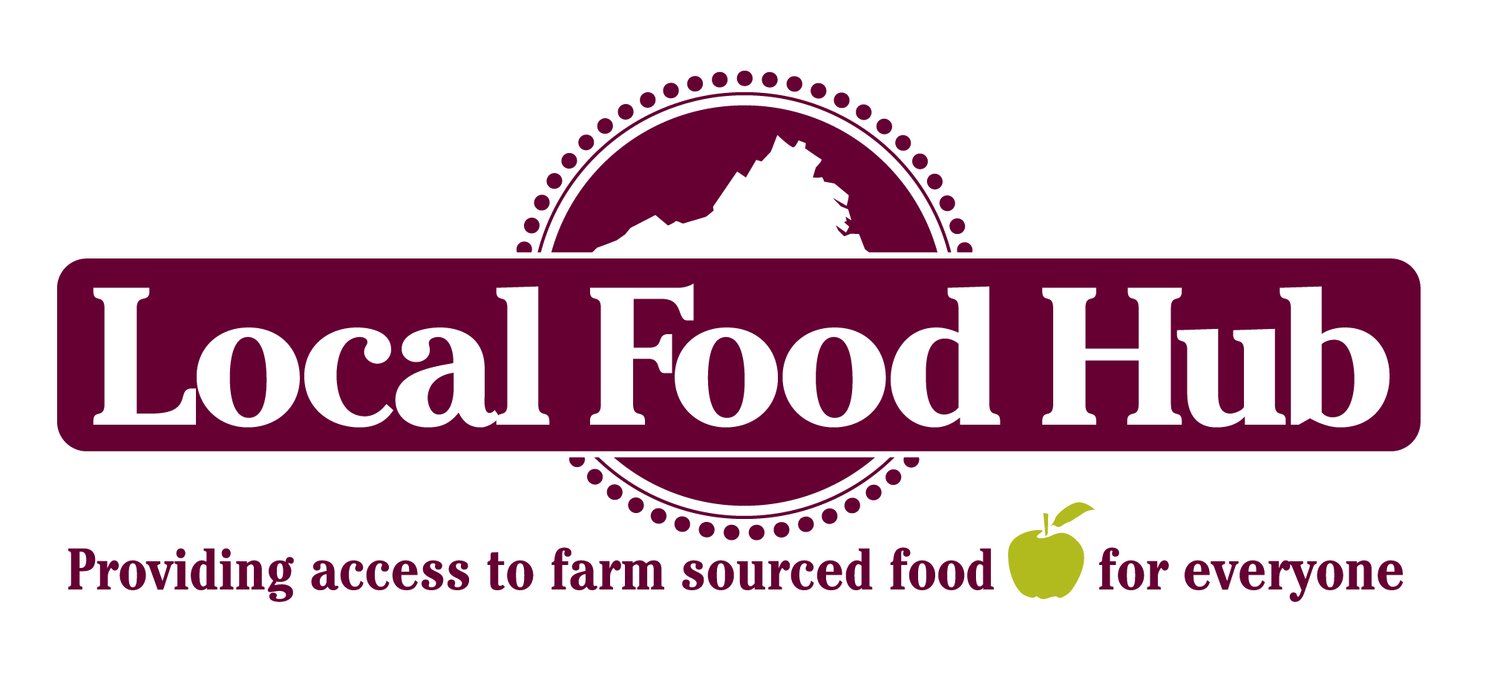Meat Processor Outbreaks and Our Food System
There has been a lot in the news lately about COVID-19 outbreaks in meat processing plants. The biggest story to date has been about the Smithfield Processing Plant in South Dakota, with 644 confirmed cases -- the largest single cluster in the United States. Plants in five states have been shut down due to outbreaks.Industrial food producers are just that - industrial. Think of them as the Amazon of food (Amazon has also struggled with outbreaks in its warehouses). That’s because both business models operate in huge plants, with hundreds of employees under the same roof, in close quarters.Small scale producers, on the other hand, are more like your favorite local retailer - you know, the one that always has the same people behind the counter when you check out? Fewer people share the same space, and they can be more nimble in their operations.This leads to objective differences in the COVID-19 response. Of course, a smaller space is easier to clear, and fewer people makes a space more safe. But there are other factors at play as well.For example, federally-mandated sick leave for COVID-19 only covers companies with fewer than 500 employees. The rationale is that large companies have the funding reserves to make and pay for such decisions on their own. However, many large companies are taking advantage of this situation. Smithfield has been accused of taking a dangerously long time to enact safety policies, resulting in its massive outbreak. Smaller operations tend to know and respect their employees, and to prioritize their health and safety -- both for the employees’ sake and the sake of the business.Outbreaks at large meat processing plants also demonstrate the weaknesses present in a highly-centralized food system. The Smithfield plant alone accounts for approximately 5% of the pork supply in America, and has around 550 farmers dependent on it for processing. Its closure has the potential to be devastating for hundreds of farmers, and cause real disruption in the food system.“The events at Smithfield are enough to show how fragile food security has become during decades of centralization of food processors,” said Doug Sombke, president of the South Dakota Farmers Union. COVID-19 has laid bare many of the weaknesses inherent in our system - and the benefits of local and regional food production.
